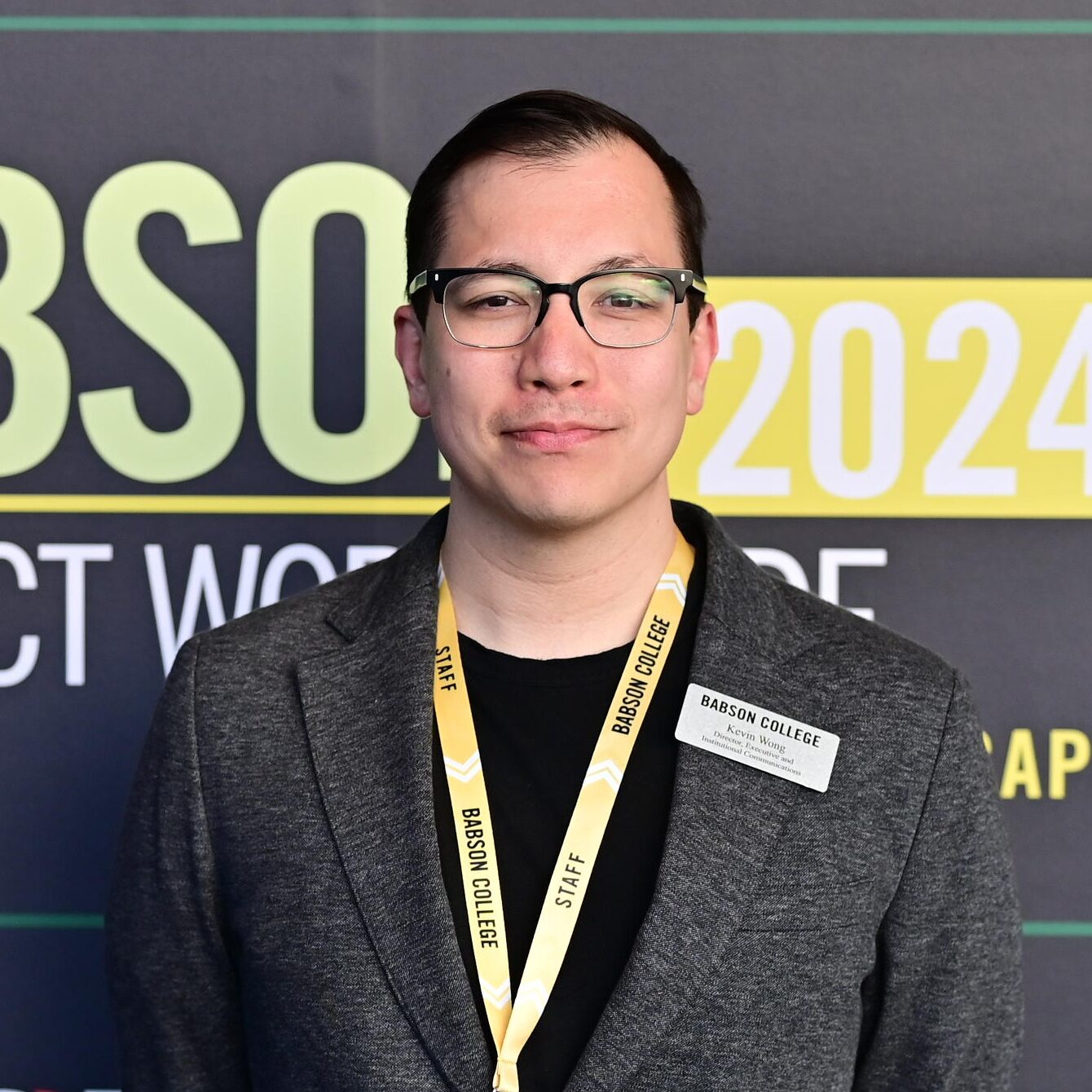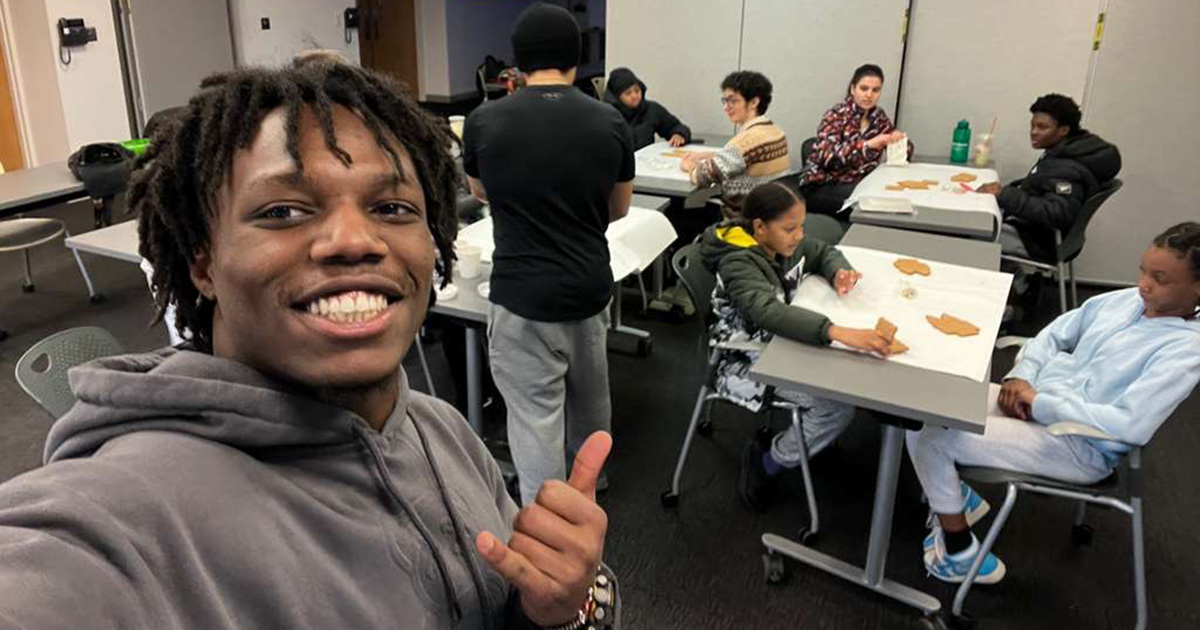How to Become an Objective Entrepreneur

People underestimate the power of their minds.
Elizabeth Thornton, a Babson College professor, entrepreneur, and author of The Objective Leader, is a firm believer that perception is reality. “Your world exists in your mind,” she says, “which is amazing because that gives you the power to change your mind, change your business, and change your world by changing the way you think.”
According to Thornton, entrepreneurs are so tied up in their ventures and blinded by unyielding passion that often they don’t see things clearly and therefore can’t respond objectively. “I see it all the time,” she says, describing people who exaggerate the value of strategic relationships, read more into customer feedback than they should, and act on unquestioned assumptions.
A lack of objective thinking had a major effect on Thornton early in her career. She risked everything to pursue a U.S. distribution agreement for an international fruit-juice venture.
“My self-concept was so wrapped up in running my business that I underestimated the socio-political-economic climate, overestimated my supplier relationship, and couldn’t clearly mitigate all my risks,” she says. Although responsible for 75 percent of U.S. sales at the time, her distribution agreement was terminated and she lost everything. Thornton’s lack of objective thinking cost her a million dollars.
Hitting rock bottom isn’t the only way to inspire a more objective outlook. Thornton encourages entrepreneurs to constantly question their underlying assumptions. “Before making a decision, ask yourself: What are my assumptions? Is there another way of looking at this?”
Read on for an excerpt from Thornton’s book about why objective thinking is crucial for entrepreneurs.
One of the most debilitating mental models for entrepreneurs is the need for external validation. For many people, their self-worth is strongly tied to what others think. The 2012 U.S. Global Entrepreneurship Monitor Report (pdf) says, “Entrepreneurs and non-entrepreneurs are quite similar in their views that starting a business is a good career choice and that entrepreneurship leads to status.” This need for external validation can be so strong that entrepreneurs owe it to themselves to critically examine their motives. Starting a business or staying in a failing business because you need others to think that you made a good career choice, or that you will achieve some level of status as a result, can be quite destructive.
Entrepreneurs who need external validation rarely make good business decisions. Some entrepreneurs make the mistake of moving out of their home office too soon because they think it will show people they are successful. Others inflate their progress, their sales, their strategic alliances to others, often convincing themselves in the process that their inflated perceptions are true. For many entrepreneurs, the business instantly becomes their identity. Have you noticed how many entrepreneurs talk about their businesses incessantly? This could either be a sign of passion or a sign of obsession.
I often hear entrepreneurs say, “My business is my baby.” I felt that way too. This really is the same thing. It is all about your identity. Most parents identify with being a parent, and many consider their children’s behavior—performance or lack thereof—to be a reflection of themselves. Many will defend their children; they may overlook weakness, they may overinflate strengths, or they might put too much pressure on their children to succeed before they are ready. Does this sound familiar? Is it possible that thinking about your business as your baby reduces your ability to see things clearly and make sound judgments?
But passion is important. Loving what you do and having passion for your business are keys to success. So, how can you love what you do and have passion for your business without being identified or obsessed with it? How can you shift this unproductive mental model so that you can make better decisions?
A New Way of Thinking
Knowledge and moments of insight based on new information are required for mental models to change. You have to decide that the mental model is no longer valid and is no longer serving you.
Successful entrepreneurs approach their ventures with a high degree of objectivity. They are means-driven, not goal-driven. They start with an assessment of who they are, what they know, or who they know. They know who they are, they value who they are, and are seeking to leverage their core gifts and strengths to explore a potential opportunity. They see their business concepts as ideas that may or may not be good business opportunities, but they have made the decision to pursue their idea up to a predetermined point.
Successful entrepreneurs make an objective assessment up front regarding how much time, money, and personal commitment they want to invest in a business. They know that they have to take care of themselves and their families during the discovery phase of the business, and they have figured out how they are going to do that. They have rejected the mental model that passion means risking everything. The business is not defining them; they are defining how, and to what degree, their businesses fit into their lives. They know that they are not their businesses!
Elizabeth Thornton is a professor of management practice at Babson Executive Education and an adjunct lecturer in entrepreneurship. Reprinted by permission of Palgrave Macmillan Trade. Excerpted from The Objective Leader: How to Leverage the Power of Seeing Things as They Are. Copyright 2015 Elizabeth R. Thornton. All rights reserved.
Posted in Insights





